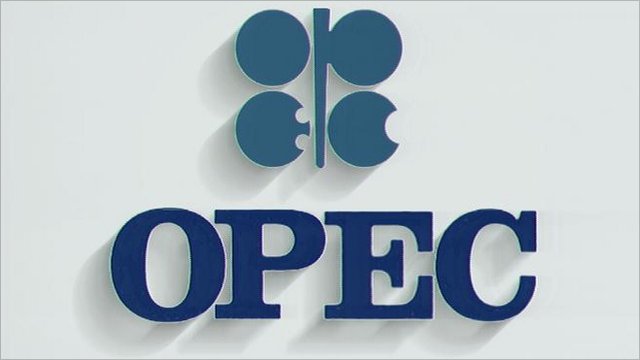After prolonged negotiations, the Organisation of Petroleum Exporting Countries (OPEC) has finalized Nigeria’s 2024 oil output target at 1.5 million barrels per day, a considerable reduction from the Federal Government’s initial projection of 1.78 million bpd.
The decision, reached after extensive discussions, follows a complex deal established in June by OPEC+ that aimed to revise production targets for several member countries.
During the week, the Federal Government had proposed a crude oil output goal of 1.78 million bpd for the upcoming year.
However, OPEC’s officially assigned target for Nigeria reflects a significant cut in the expected production. The adjustment in output targets for Nigeria and Angola comes after OPEC tasked three consultancies – IHS, Rystad Energy, and Wood Mackenzie – with verifying production figures. As a result, Nigeria is now assigned a 2024 target of 1.5 million barrels per day, while Angola’s target is set at 1.11 million bpd. Congo has been given a target of 277,000 bpd.
In June, a provisional agreement had been reached, pending consultancy assessments, allowing Angola to potentially produce 1.28 million bpd and Nigeria up to 1.58 million bpd. However, both countries have struggled to meet previous quotas due to challenges such as underinvestment and security issues.
Disagreements over African output quotas were cited as a reason for the postponement of an in-person OPEC+ meeting originally scheduled for November 26.
Angola has expressed dissatisfaction with its 2024 output target and reportedly does not plan to adhere to it, according to Bloomberg reports.
The development highlights the complexities and challenges faced by oil-producing nations in aligning with OPEC+ agreements amid fluctuating market conditions.



